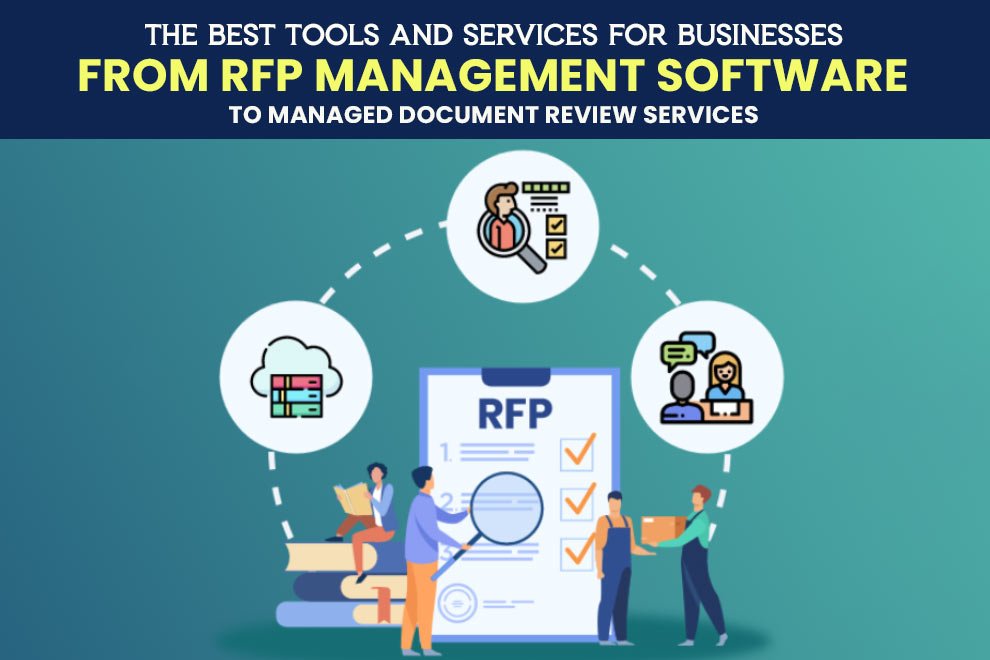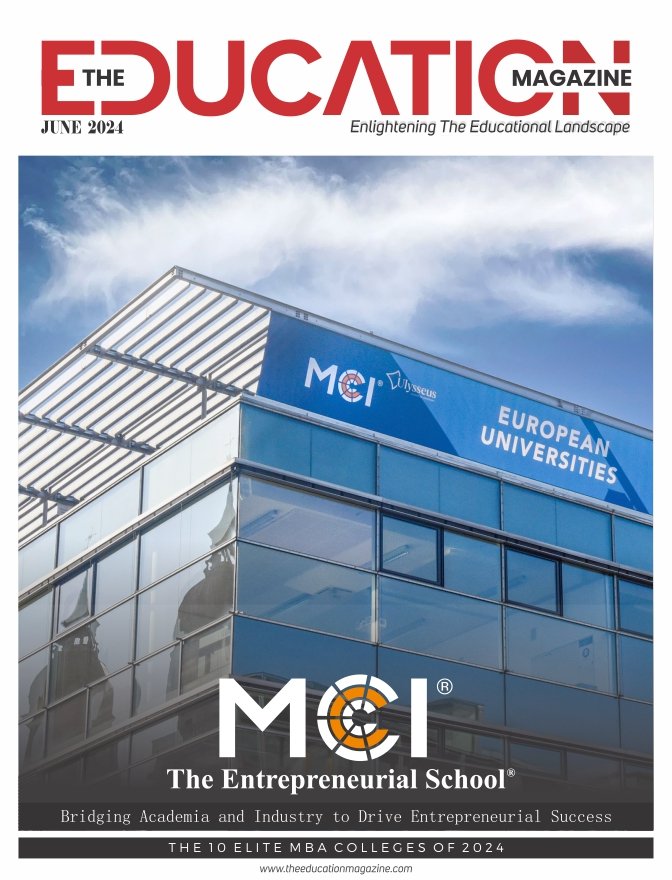For businesses looking to stay competitive and efficient, leveraging the right tools and services is critical. From crafting compelling proposals to managing customer interactions and financial oversight, there’s a technological solution to optimize nearly every facet of operations. Whether you’re a small start-up or a large corporation, understanding how to utilize these tools can mean the difference between lagging behind and leading the pack. Keep reading to discover the top tools and services that can propel your business towards success.
Essential RFP Management Software for Streamlining Proposals
Alt text: Two hands pointing at laptop screen showing how to write an RFP response
To stay ahead in any industry, responding to a Request for Proposal (RFP) accurately and efficiently is crucial. RFP management software provides a structured framework to handle proposals, ensuring that businesses can craft tailored responses quickly. The software facilitates collaboration among team members, so compiling the expertise of various departments into a single proposal becomes easier.
Incorporating RFP software can significantly cut down on the hours traditionally spent in manual organization and data entry, allowing your team to focus on strategy and quality of content. With features like template libraries and content management, the software ensures consistency and accuracy across all proposals. This uniformity promotes a professional image to potential clients, which may influence their decision in your favor.
For those unfamiliar with writing a response to an RFP, resources are available to guide the process. An example is the comprehensive guide on how to write an RFP response, which can be a valuable asset for individuals learning this intricate craft. By combining the guide’s insights with robust software, teams can elevate the quality of their submission significantly.
Boosting Efficiency With Time Tracking and Project Management Tools
Alt text: Person holding watch to represent using time management and blocking out time to learn how to write an RFP response
Time tracking and project management tools offer a dual benefit – they help monitor employee productivity and offer invaluable data for managing projects effectively. When team members log their work, managers gain visibility into where time is spent, offering an opportunity to optimize processes and resource allocation. The use of these tools encourages accountability and helps in pinpointing areas that might require additional support or training.
Project management software goes a step beyond time tracking by providing a platform to organize tasks, deadlines, and collaborative work. It allows for setting clear objectives and deliverables, making sure that each team member knows their responsibilities. This clarity is crucial for maintaining a cohesive workflow, especially in projects that require cross-departmental collaboration.
CRM Systems: Managing Customer Relationships Effectively
Customer relationship management (CRM) systems are a cornerstone of modern business operations. These systems centralize customer data, enabling personalized communication and fostering increased engagement. In markets where consumers expect tailored experiences, a CRM system helps companies rise to the occasion, turning one-time buyers into loyal patrons.
CRM tools can be used for more than just communications; they provide valuable insights into purchasing patterns and customer behaviors. By analyzing this data, businesses can fine-tune their sales strategies, optimize marketing efforts, and develop new products that align with customer needs. As a result, a properly managed CRM system becomes a powerful asset for driving sales and achieving sustainable growth.
The integrative capabilities of CRM systems allow them to work in tandem with other tools such as email platforms, social media, and even advanced analytics software. This integration ensures that customer interactions are not siloed but rather a part of a cohesive strategy that touches on all aspects of the business. Every engagement becomes an opportunity to learn and improve the customer experience.
Advantages of Managed Document Review in Business Operations
In complex litigation or large-scale transactions, the volume of documents requiring review can be overwhelming. To manage this effectively, businesses often turn to managed document review. These services offer a systematic approach to organizing, analyzing, and summarizing vast quantities of documents, making them indispensable during due diligence, investigations, and legal proceedings.
One significant advantage of using managed document review services is the expertise they bring to the table. With teams of legal professionals who specialize in document review, these services can quickly identify relevant information, assess privilege claims, and ensure compliance with discovery requests. Their skills extend beyond mere document sifting; they provide insights that can shape case strategies and business decisions.
Overall, the right mix of RFP management software, project tools, CRM systems, managed document review, and accounting software form the backbone of an efficient, responsive, and customer-centric business model. By adopting these tools and services, companies can streamline operations, minimize risk, and maximize profitability. As business landscapes evolve, staying equipped with these technological advancements becomes essential to maintain a competitive edge.
Also Read: 5 Tips to Go for Performance Testing Tools










